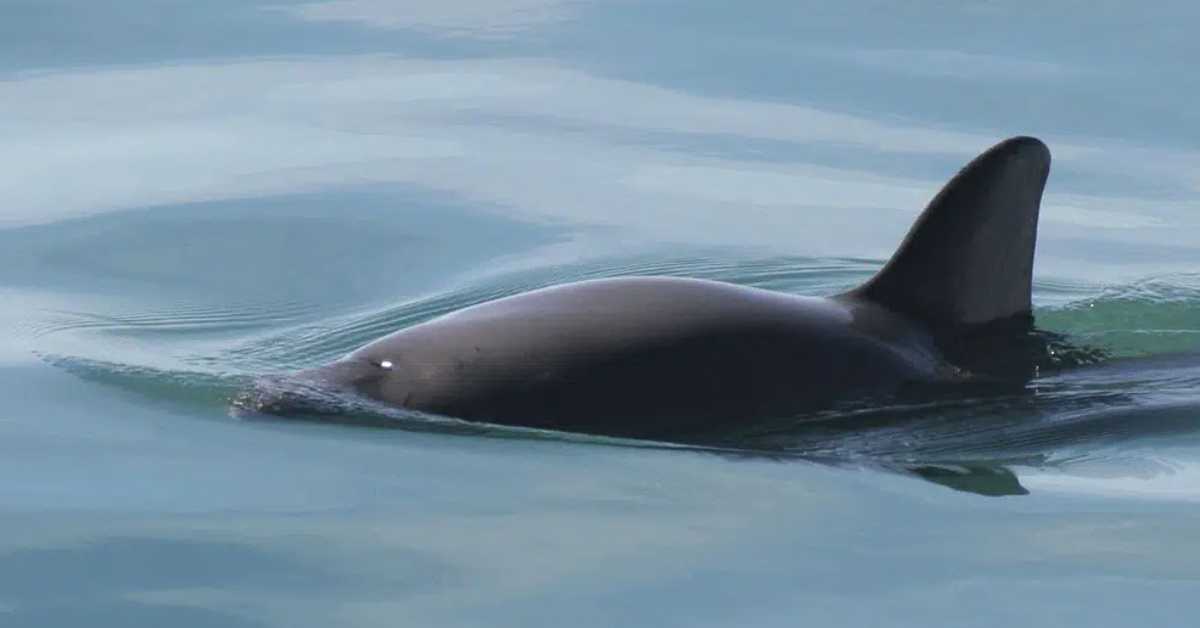With constraints on our movements and general way of life becoming more and more restricted, we are feeling a loss of control not experienced since the second world war.
In being confined to our homes, we are missing our normal social support from friends and family, and our freedom to control our day-to-day lives.
But making music provides a means to regain control.
People in Spain have been filmed acting out with music, creating duos across apartment buildings.
The citizens of Wuhan chanting “Keep it up, Wuhan!” and singing patriotic songs from their windows encouraged themselves and their . . .






